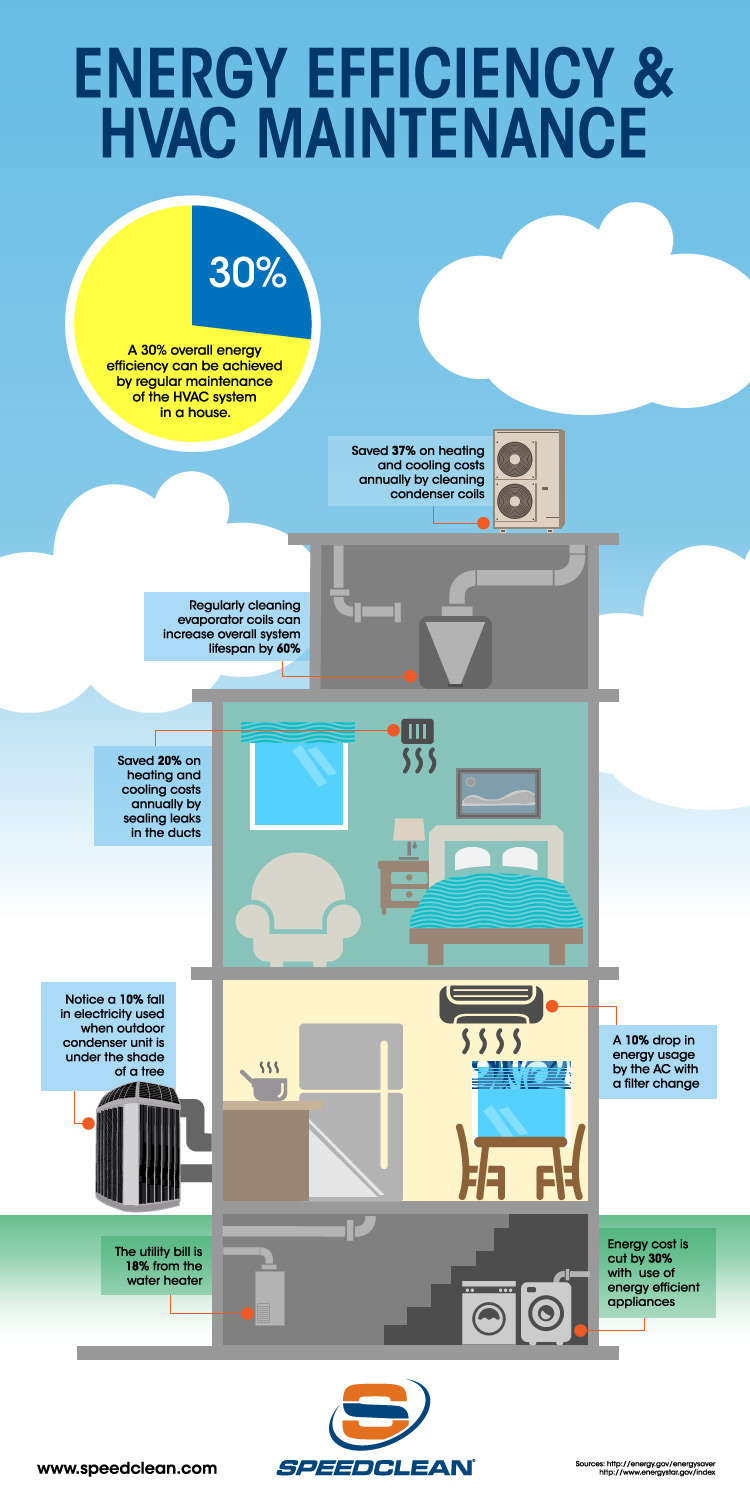Discovering The Environmental Benefits Of Warm Pumps - A Sustainable Heating Option
Discovering The Environmental Benefits Of Warm Pumps - A Sustainable Heating Option
Blog Article
Material Create By-Hinrichsen Zhou
In a period where sustainability and energy performance are extremely important, many businesses seek environmentally friendly heating remedies. One such remedy is the heat pump.
A heatpump draws out the warm in its environments and pumps it right into your home, resulting in among one of the most efficient green central furnace around. This procedure also creates zero greenhouse gas discharges, making it an extremely sustainable technology.
Power Efficiency
Heat pumps are very energy efficient and need little maintenance. They use less power than various other heating unit and are by far the most environmentally friendly. They function well with roof solar and can usually pay for themselves in utility financial savings alone.
They can likewise offer air conditioning, which is excellent for garage workshops, attic room hangouts and incentive rooms, and home enhancements without extending the existing ductwork. They can even be utilized for retrofits in existing homes with hydronic (water-based) distribution systems such as reduced temperature level radiators or radiant floorings.
Look for models with SEER and HSPF scores that satisfy or go beyond Canada's minimum standards, along with the requirements in your area. Greater scores suggest greater effectiveness, which saves you money in the future and minimizes your carbon impact. You could even receive discounts and rewards! The most effective units are those with a ground warmth exchanger for added effectiveness. These systems can soak up thermal power from the ground during the wintertime and extract it in the summer.
Lowered Greenhouse Gas Emissions
Heat pumps run on electricity and essentially transfer warmth from the air, even when it's cool exterior. They are able to draw out the cost-free warm caught in air particles and relocate them inside your home, lowering moisture while doing so.
Contrasted to gas heating systems, modern heatpump utilize less than one kilowatt of electricity per kilowatt of home heating power they produce. This makes them one of the most power efficient home heating choice offered with a POLICE (Coefficient of Efficiency) of four or more. By reducing the requirement for nonrenewable fuel sources, heat pumps help reduce greenhouse gas exhausts and reduce various other major air contaminants.
Building decarbonization is a global vital, and the cooling and heating sector is a key motorist of that process. Whether it's real estate investors making internet no commitments, plan makers establishing emissions restrictions, or tenants demanding greener areas, electrical heat pumps are being recognized as an essential remedy. They are a cost-efficient method to minimize carbon discharges by removing the need for nonrenewable fuel sources in structures.
Adaptability
Heatpump can be utilized in lots of kinds of homes and structures-- with or without ducts. They work with hot-water radiators, air-conditioning and programmable thermostats. They can change heating systems or be set up in new residences. They can work on solar panels, geothermal systems or even district home heating resources like wastewater.
They're great at delivering more warmth per power unit. For example, an air-source heatpump creates up to 3 or even more home heating systems from each power system it eats.
Obtaining the most from your heat pump will depend upon your climate zone and quality of insulation. Try to find models with power STAR scores and compare their SEER or HSPF specs. In warmer climates, focus on SEER; in colder regions, take into consideration a system with a higher HSPF ranking. Additionally, buy cheapest form of heating nz sealing and insulation to minimize the lots on your heat pump. That will certainly enhance energy efficiency and assist you reach your Internet No goals quicker.
Biomass Boilers
Biomass boilers utilize wood pellets, chips or logs to develop warmth and warm water. They are a great choice for off-grid homes or those who wish to leave the gas grid.
As a standalone heater, biomass can give adequate energy to maintain your home cozy throughout the year without the common warm drop off of various other renewable modern technologies. They can also be utilized together with solar panels to maximise savings and take advantage of RHI repayments.
A drawback of these systems is the upfront cost and routine gas shipments. Often, pellets will certainly need to be blown right into a fuel shop utilizing a vacuum system or they can be by hand fed right into the central heating boiler through a hopper. Logs are commonly self-sourced from nearby forest or bought in bulk. Along with https://www.npr.org/sections/goatsandsoda/2022/06/29/1106822268/coronavirus-faq-got-any-tips-on-improving-indoor-air-flow-to-reduce-infection-ri , they call for hands-on loading and may need cleansing regularly.